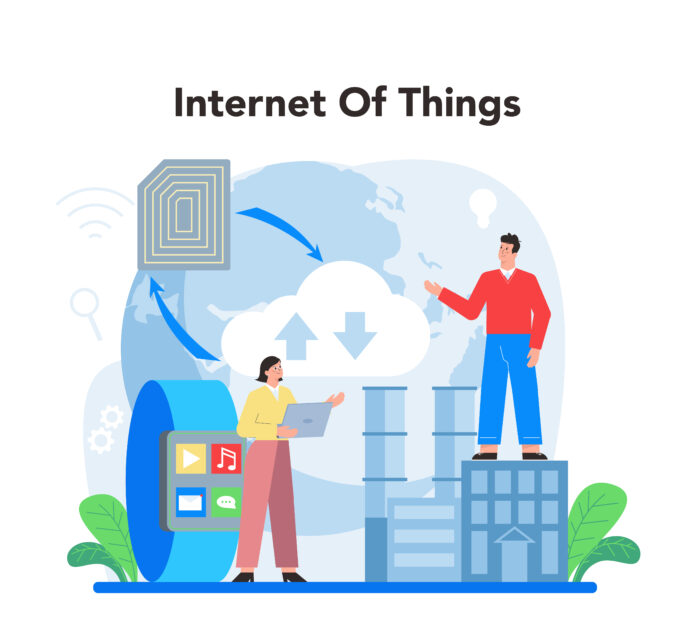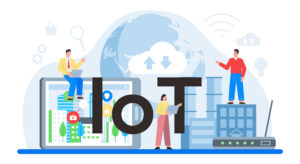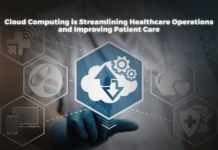
IIoT is applied in many different industrial contexts, including energy management, manufacturing, transportation, healthcare, cybersecurity, and agriculture. They are an essential component of a larger system that concentrates on items and machinery utilized in enterprises, resulting in an industrial activity that is more profitable, effective, and intelligent.
Let’s look into the industrial IIoT applications across different industries:
IIoT in Manufacturing: IIoT in manufacturing allows technology, real-time monitoring, and predictive maintenance, which transforms operations. IIoT sensors and analytics platforms can be used by manufacturers to track the condition of their equipment, identify abnormalities, and anticipate possible breakdowns before they happen. By taking a proactive approach to maintenance, you may lower maintenance costs, limit downtime, and enhance overall equipment performance.
Furthermore, IIoT-enabled automation solutions enable mass customization to satisfy changing client expectations while streamlining manufacturing processes and boosting productivity. The industrial industry uses the largest portion of IIoT, at 34%, according to a survey.
IIoT in Healthcare: Hospital productivity is increased, and remote patient monitoring is made possible by IIoT, revolutionizing the healthcare sector. For example, hospitals use devices with IIoT capabilities to track patient symptoms. It gives medical professionals the ability to recognize illness symptoms early and act quickly to treat patients, which lowers readmission rates to hospitals and enhances patient outcomes. Hospitals use IIoT for asset tracking and management as well, making sure that medical equipment is kept in good condition and accessible when needed.
IIoT in Retail and Supply Chain: IIoT applications in the retail industry improve the consumer experience and streamline supply chain processes. Retailers track product movement, maintain levels of stock, and optimize store layouts for increased customer engagement and sales using IIoT-enabled devices like signals and

Moreover, IIoT solutions can be implemented in distribution centers and warehouses to guarantee rapid delivery of goods to clients, optimize picking and packing procedures, and automate managing stock. It raises consumer happiness and supply chain management’s overall effectiveness.
IIoT in Smart Agriculture: Applications of IIoT in agriculture enable smart farming and accurate farming, which redefine conventional agricultural methods. Farmers can track crop health, environmental conditions, and soil moisture levels in real time by using connected devices and drones. Farmers can increase crop yields, reduce water usage, and optimize irrigation schedules with the help of this data-driven method. Furthermore, farmers may monitor animal behavior, health, and feeding habits to enhance both farm productivity and animal welfare by using IIoT solutions for livestock monitoring.
IIOT in Energy and Utilities: Utilizing IIoT, the energy and utilities industry maximizes the production, distribution, and consumption of energy. To analyze energy use and make accurate choices to save expenses and preserve energy, utility companies, for instance, install smart meters and sensors to monitor energy usage in real-time. Additionally, IIoT-enabled smart grids make use of sensors, data analytics, and networking to swiftly identify and address network disruptions and power outages, guaranteeing customers a steady supply of energy.
As a result, a number of energy firms are using IIoT solutions more frequently to evaluate data from wind turbines, enhance turbine performance, reduce maintenance expenses, and boost energy output.





